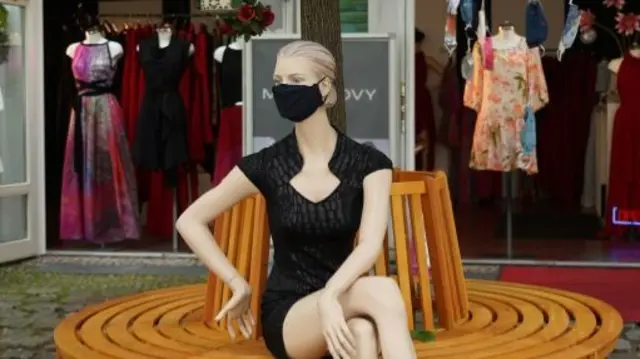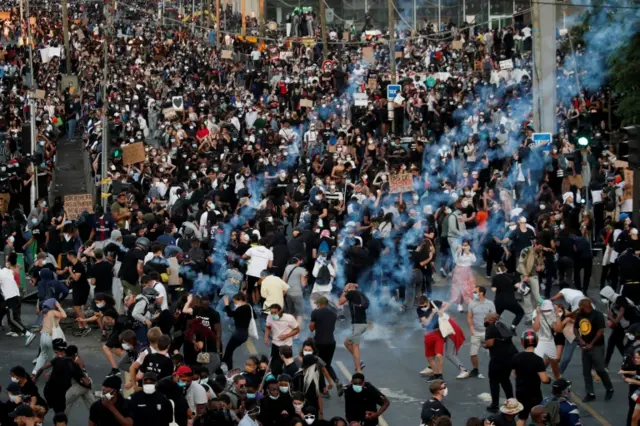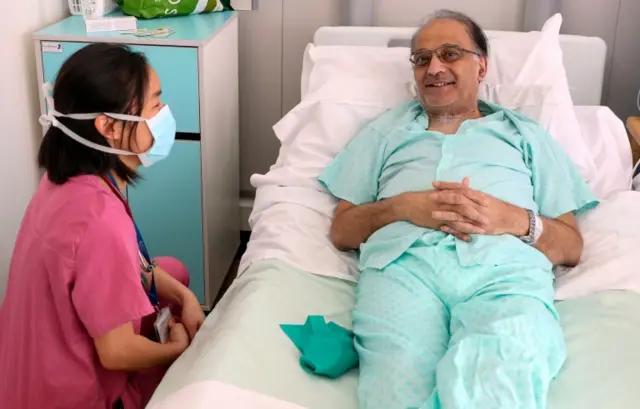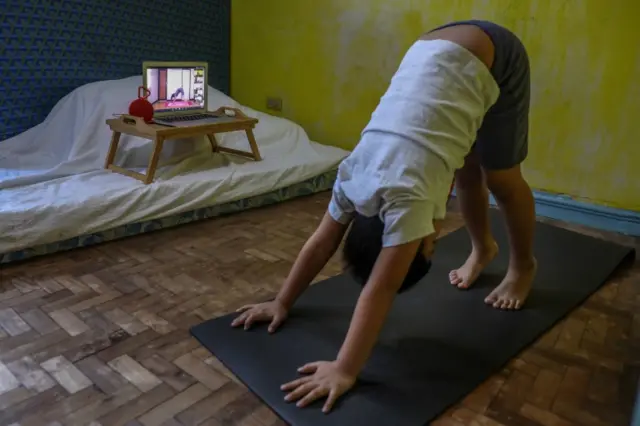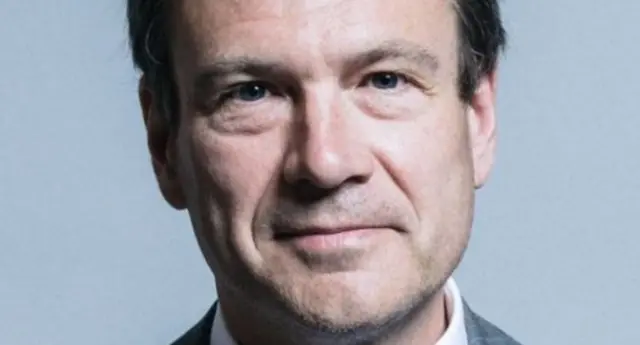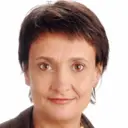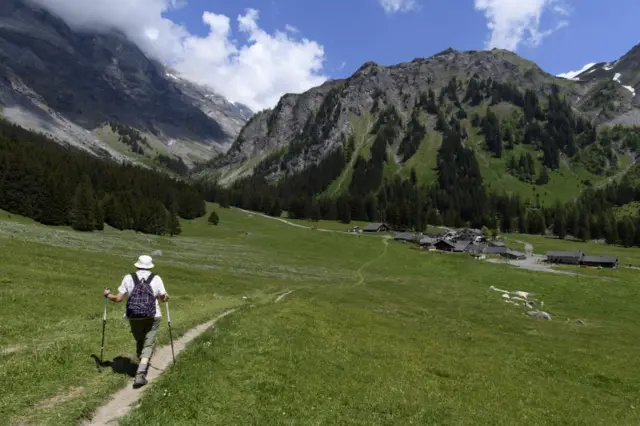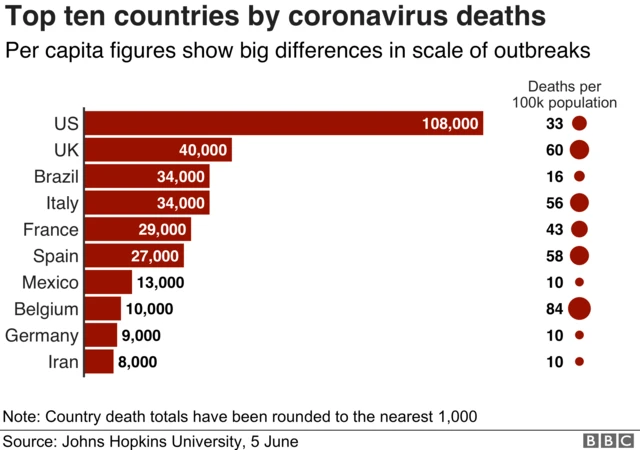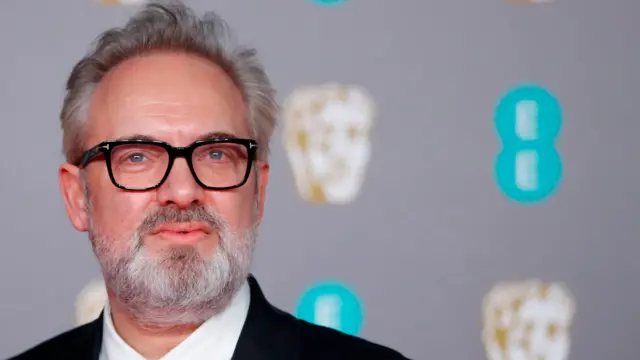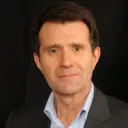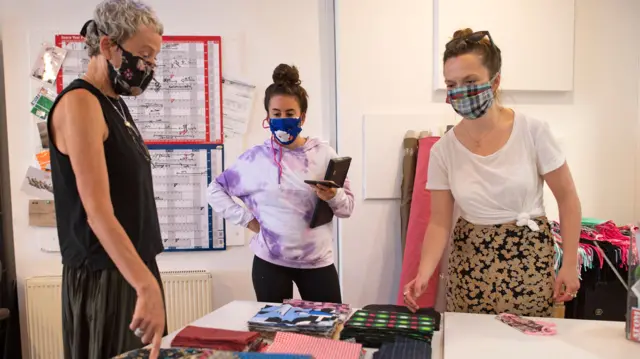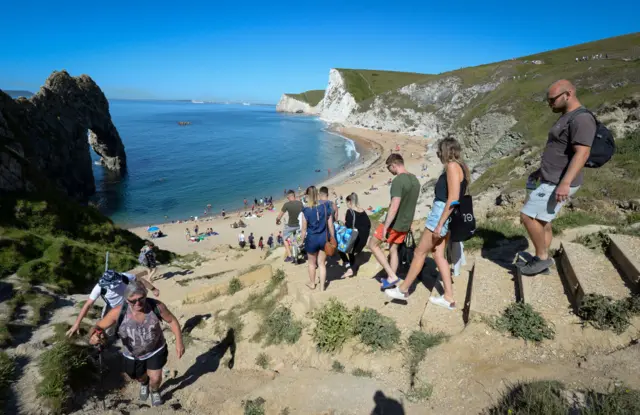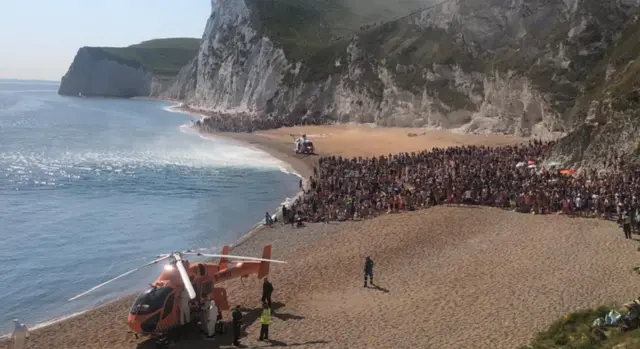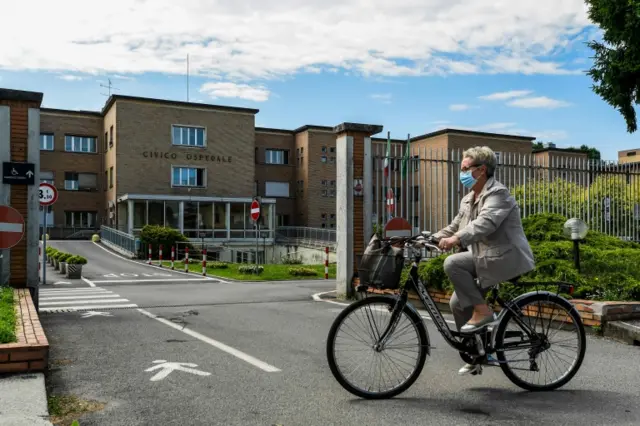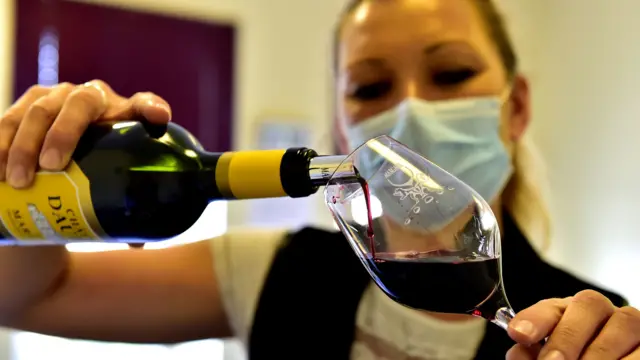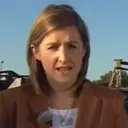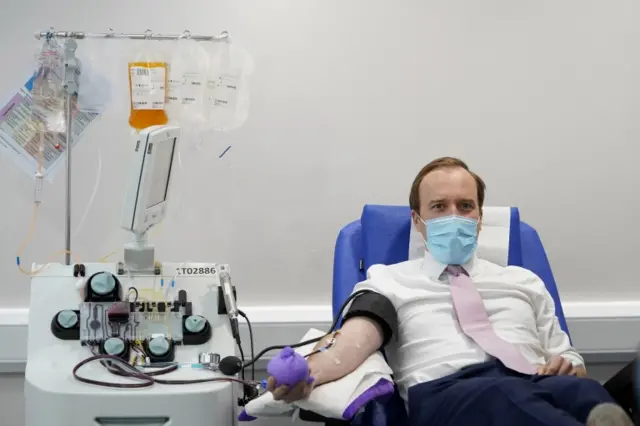Thanks for joining uspublished at 22:46 BST 5 June 2020
That’s it for our live coverage today - thank you for joining us.
Here’s a roundup of Friday's biggest coronavirus stories:
- The World Health Organization changed its policy to advise that people should cover their faces with homemade masks in places where social distancing isn't possible. Previously it said there was a lack of evidence for the use of masks and other face coverings by healthy people
- The UK became the second country to record over 40,000 coronavirus deaths, after the US. Meanwhile Health Secretary Matt Hancock advised people to avoid large anti-racism protests to stop the spread of the virus
- Brazil, meanwhile, overtook Italy to become the country with the third-highest death toll worldwide
- The EU commissioner for home affairs said states should reopen their internal borders by end of June
- The US unemployment rate fell from 14.7% in April to 13.3% in May due to an unexpected surge in employment that President Trump hailed as a great comeback for the country
- Globally, there have been 6.7m cases since the outbreak began and more than 393,000 deaths
Today's live page was brought to you by teams in Singapore, Sydney, Delhi and across the UK.
They are: Owen Amos, Frances Mao, Saira Asher, Yvette Tan, Aparna Alluri, Andreas Illmer, Rebecca Seales, Sean Fanning, Ashitha Nagesh, Robert Corp, Ella Wills, Emma Harrison, Gavin Stamp, Lucy Webster, Matt Cannon, Kevin Ponniah, Vicky Baker, Victoria Bisset, Matthew Henry, Saj Chowdhury and Steven Sutcliffe
